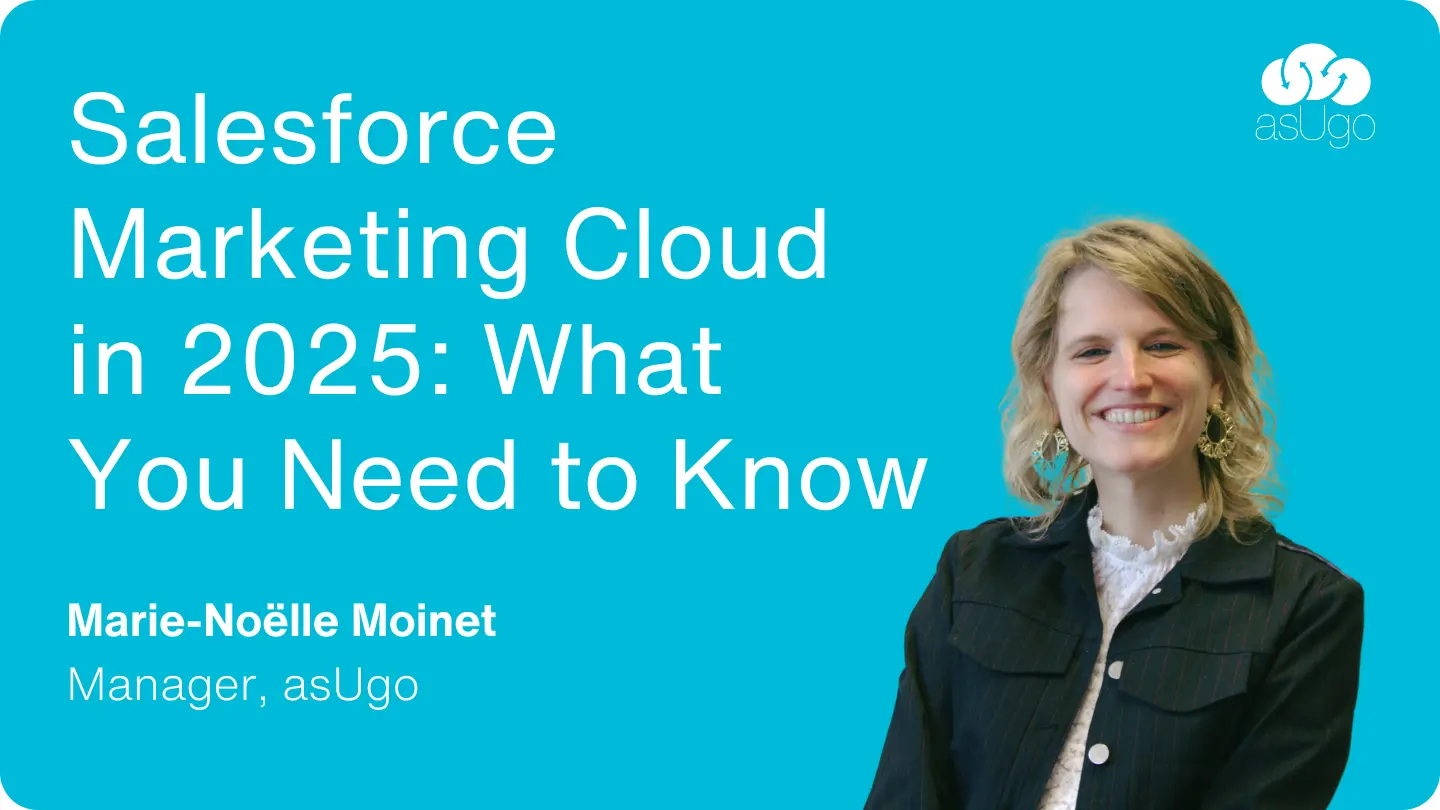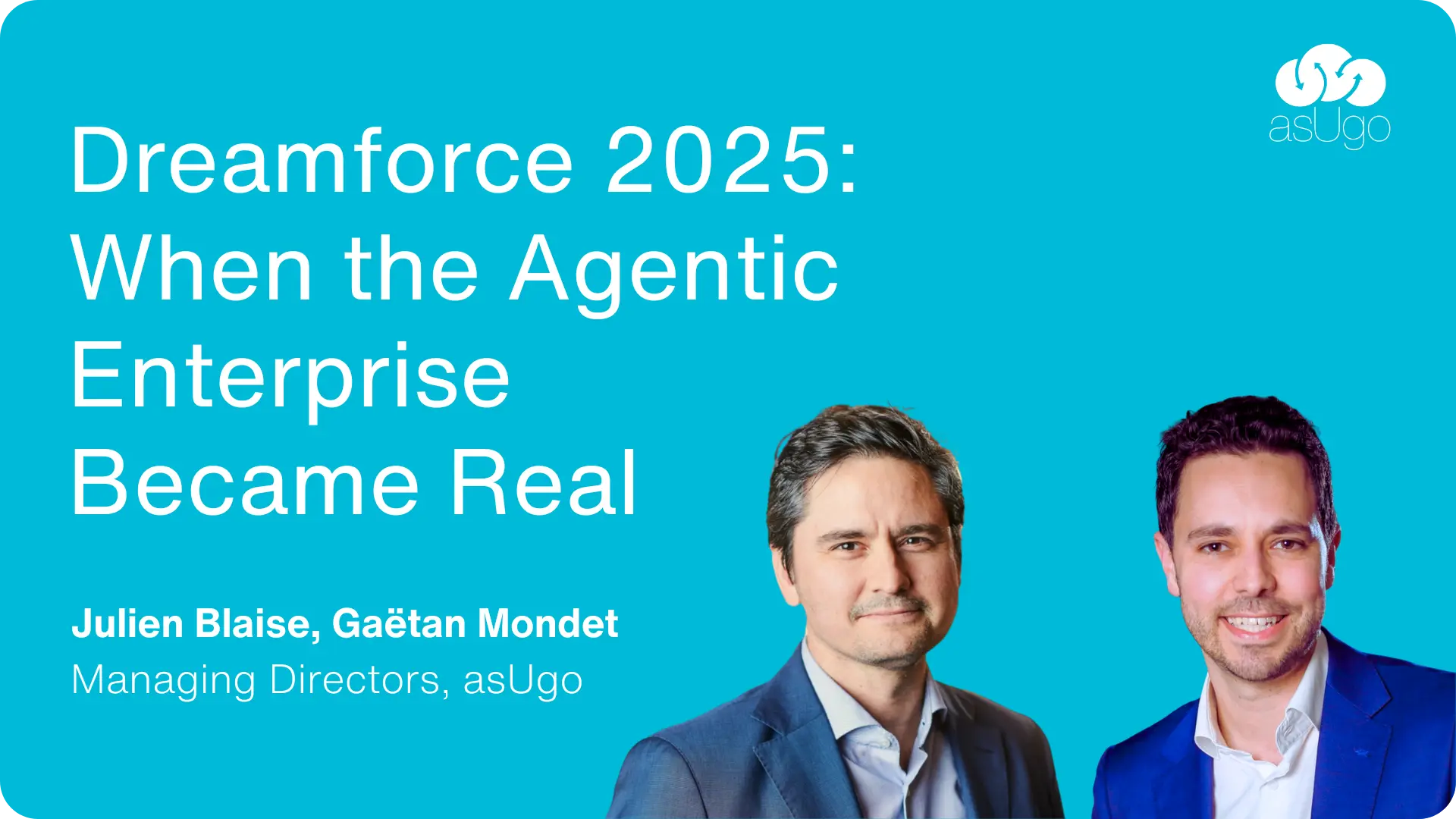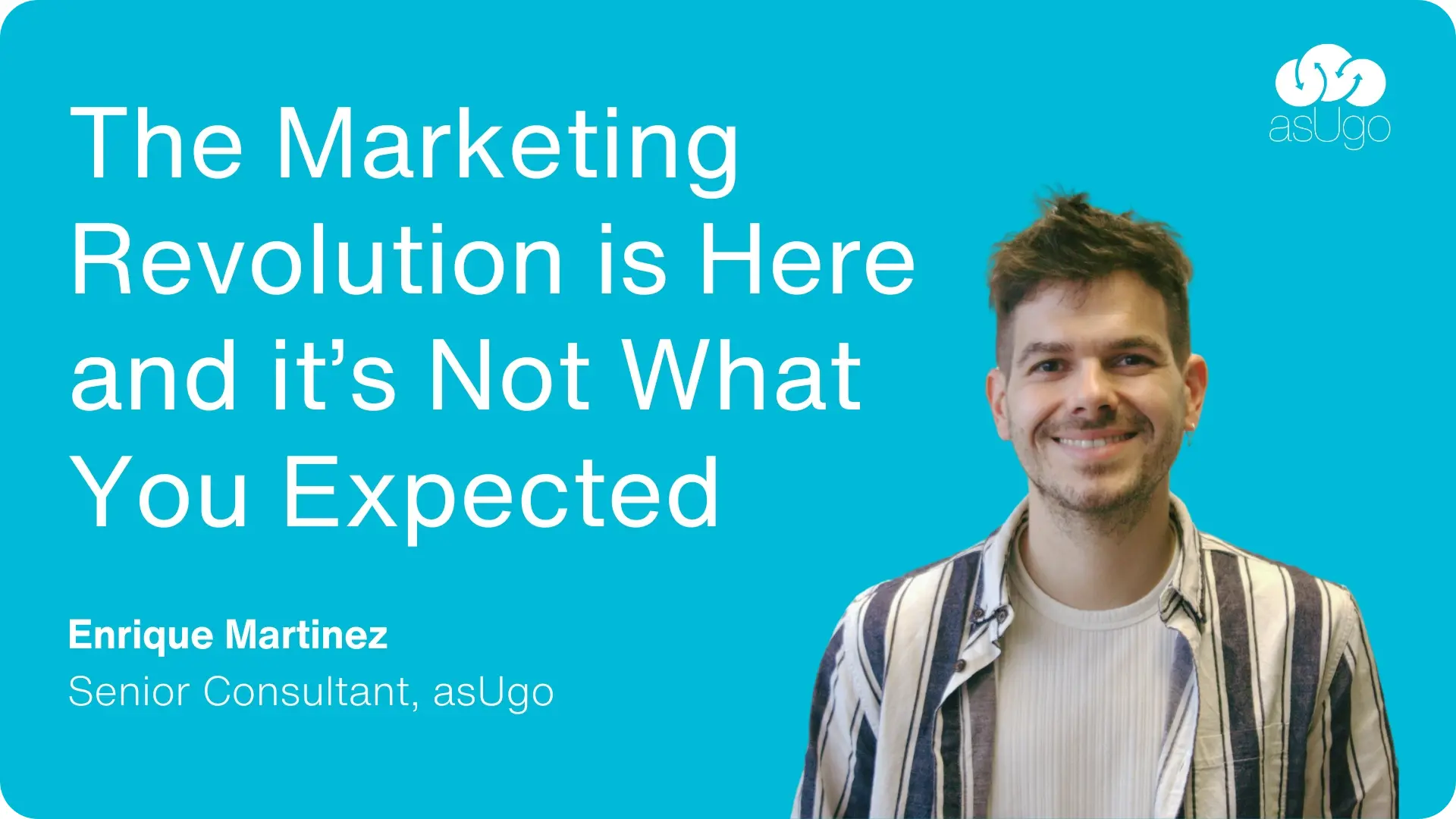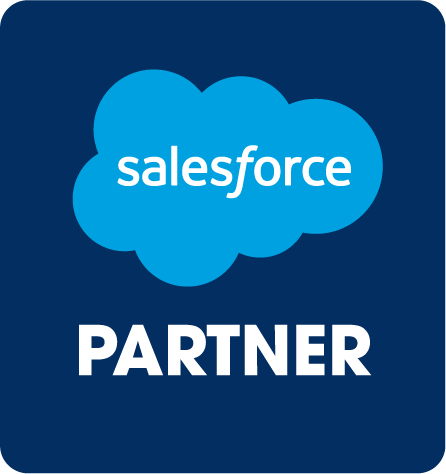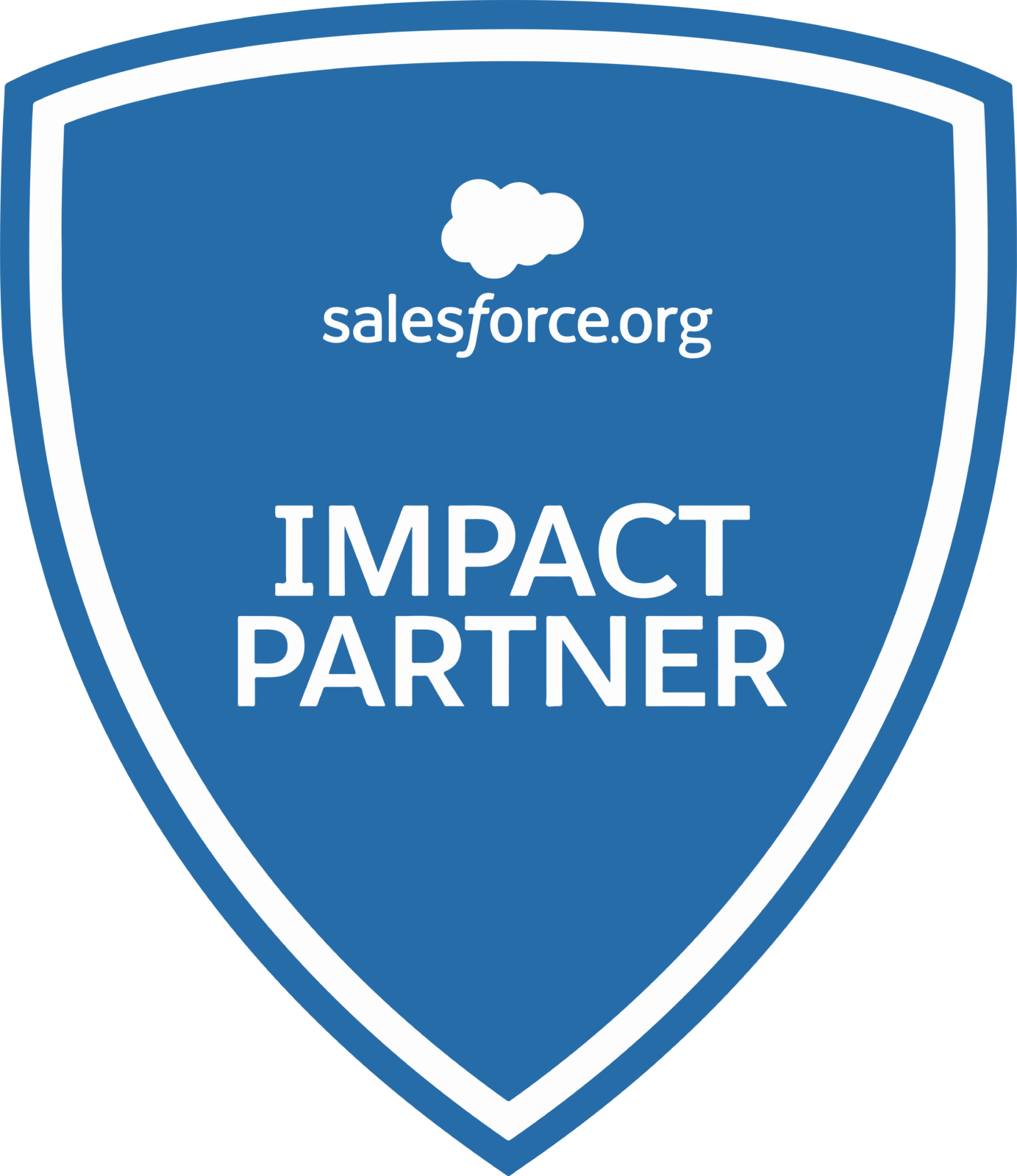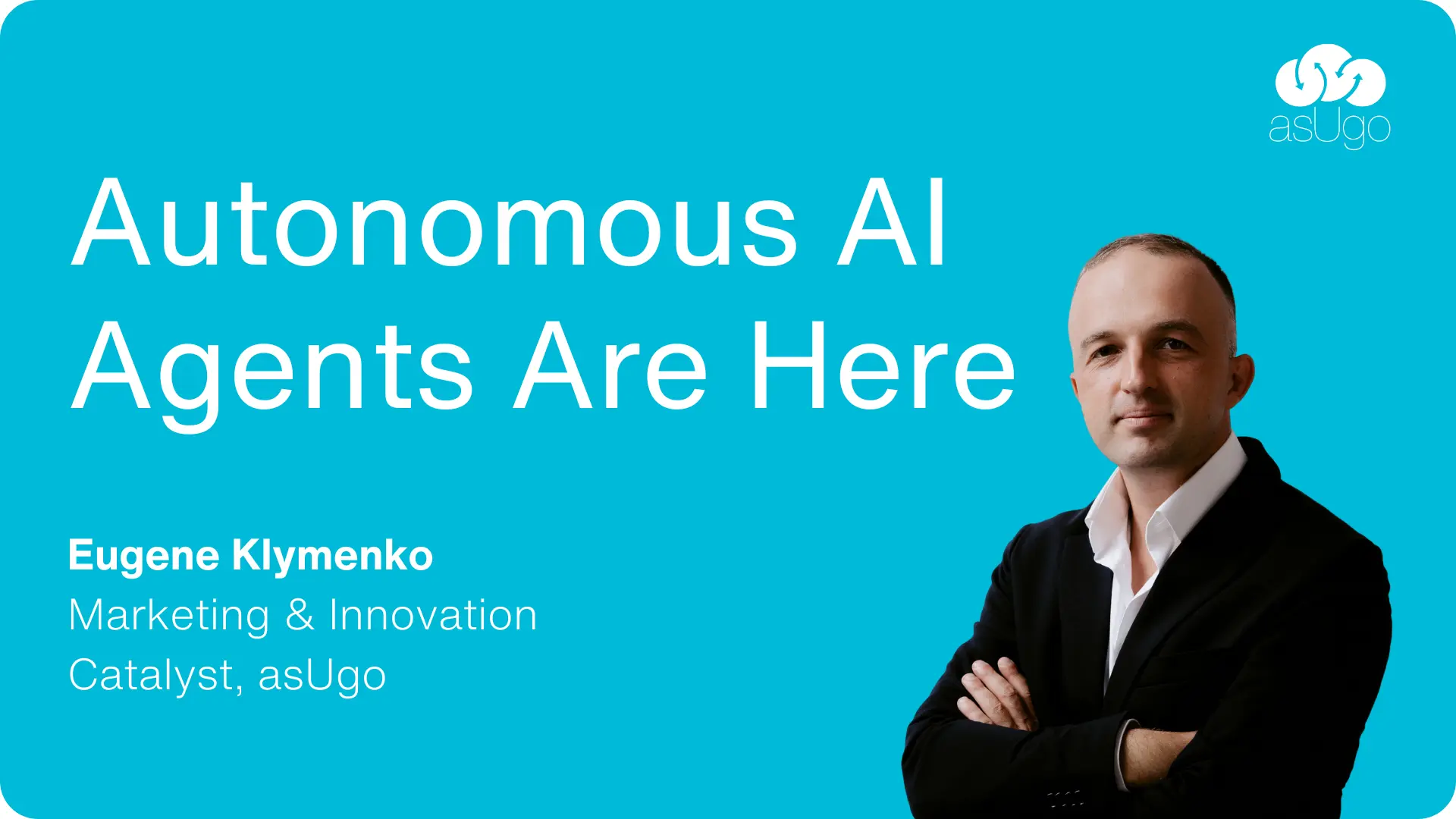
Introduction
Over the past few years, AI has evolved from a “nice-to-have” experiment into the beating heart of digital transformation. In 2025, we’re entering a new era where autonomous AI agents aren’t just assisting people – they’re independently executing complex tasks, making strategic decisions, and learning as they go. Salesforce is at the forefront of this shift with Agentforce, its platform for building and deploying autonomous AI agents inside your CRM.
At asUgo, we’ve been working closely with clients to help them navigate this shift, from identifying the highest-value use cases to deploying agents that truly integrate into day-to-day operations.
The Timing Couldn’t Be Better
The launch of next-generation AI models in 2025 – like ChatGPT-5, Claude Opus 4.1, Gemini 2.5 Pro and Mistral Large has significantly raised the bar for autonomy and reasoning:

ChatGPT-5 came out in August 2025 with a unified architecture, adaptive reasoning, and a massive context window of ~400K tokens. It currently leads in reasoning, math, coding, and visual understanding.

Claude Opus 4.1, also launched in August 2025, boosts performance in coding, agent workflows, creative writing, and reasoning. It shows strong results on engineering tasks like SWE-bench (~72.5%).

Gemini 2.5 Pro offers robust multi-step reasoning and excels when processing large documents thanks to internal “thinking” mechanisms and expansive context capabilities.

Mistral Large, popular in Europe, is known for its efficiency, multilingual skills, and open approach. Its lightweight, high-performance design makes it appealing for enterprises balancing cost and power.
In this competitive landscape, GPT-5 stands out for breadth and autonomy, Claude for precision in coding and reasoning, Gemini for its integration and context retention capabilities, and Mistral for its efficiency, openness, and European data governance alignment.
What Exactly Are Autonomous AI Agents in Salesforce?
Think of them as digital co-workers that can take on entire workflows, not just individual prompts. Unlike traditional chatbots or automation scripts, these agents can:
- Understand context across multiple systems and data sources
- Reason and make decisions based on business goals
- Take action autonomously, whether that’s sending proposals, updating records, or triggering workflows
- Continuously learn from outcomes to improve future performance
Within Salesforce, these agents live in Agentforce, integrating seamlessly with Sales, Service, and Marketing Cloud. A key advantage is that Agentforce allows you to choose the right underlying AI model for each agent, depending on the task. At present, Agentforce supports models from Salesforce’s own Einstein GPT, as well as from leading external providers such as OpenAI, Anthropic and Google. Importantly, this list of supported models is continuously evolving, ensuring businesses can always take advantage of the latest AI innovations.
This flexibility ensures every agent is paired with the best model for its use case, whether that’s natural language reasoning, secure enterprise compliance, multimodal analysis, or action execution.
At asUgo, we work with clients to design and configure these agents so they align with strategy, processes, and compliance requirements – ensuring they deliver tangible business impact.
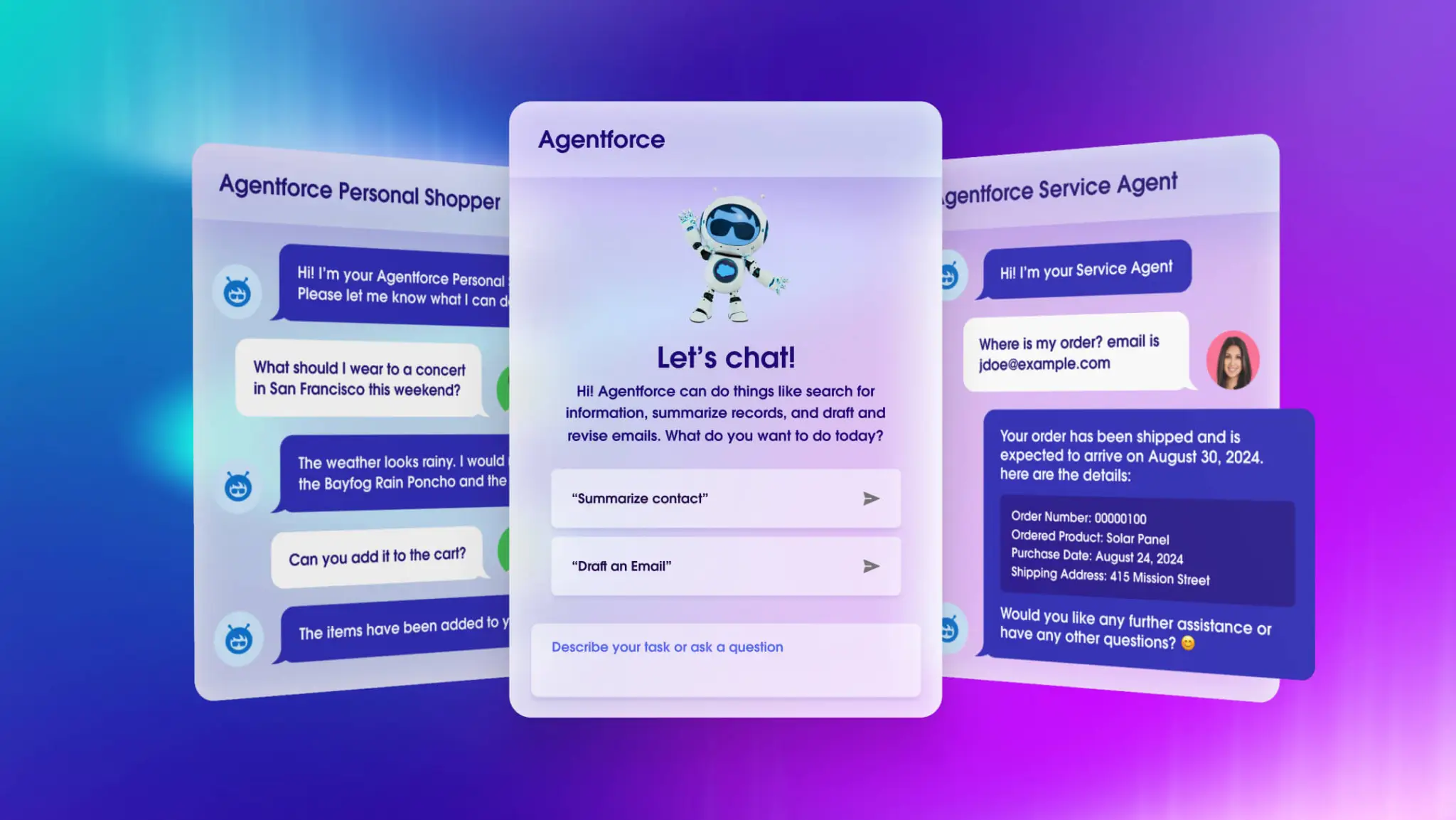
Above: Agentforce (source: Salesforce)
The Agentforce architecture diagram below shows how agents connect to multiple channels, follow a build-to-optimize lifecycle, and access trusted data without duplication – all while balancing reasoning, trust, and performance.
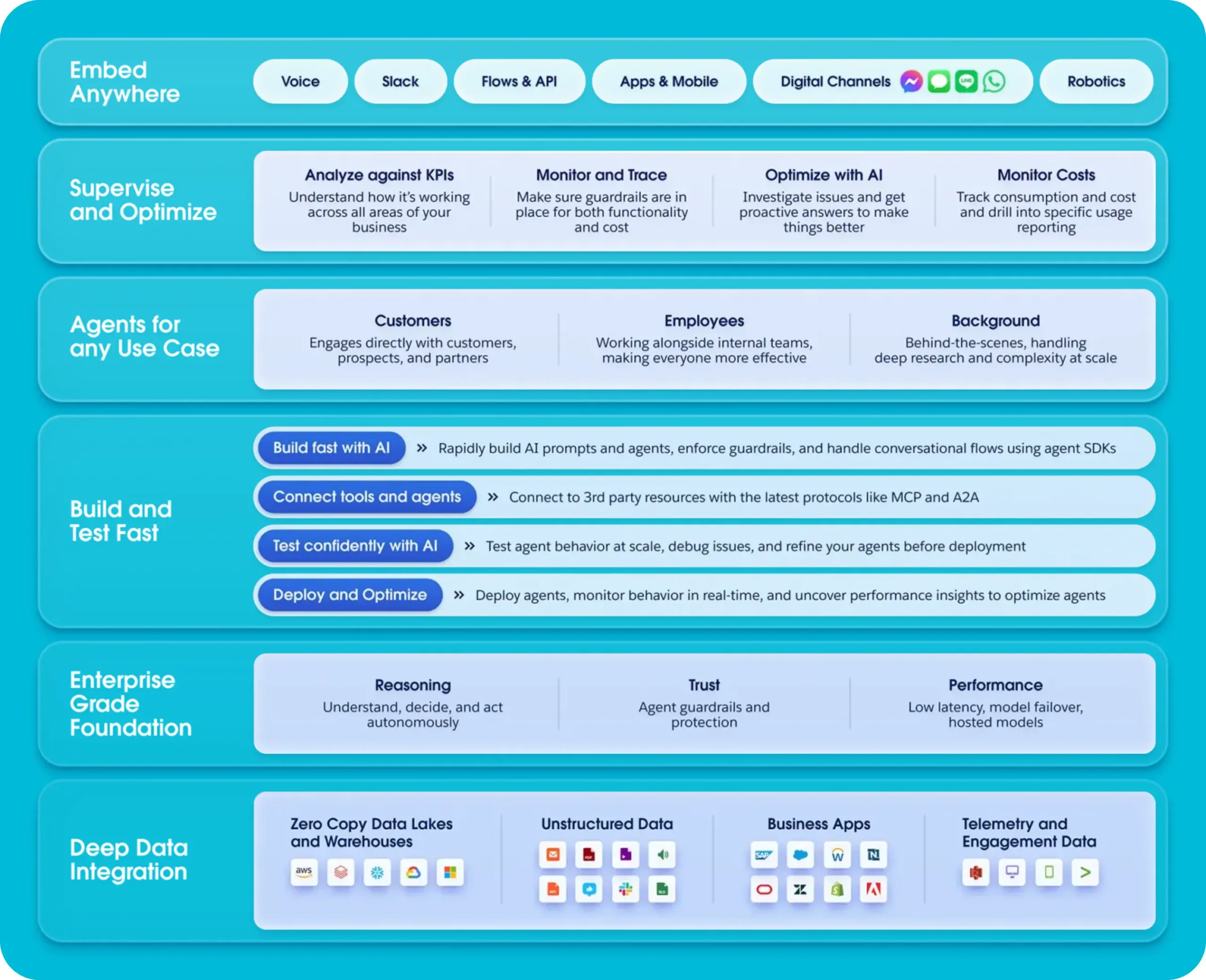
Above: Agentforce (source: Salesforce)
Why 2025 Is the Breakthrough Year?
The difference in 2025 is power and reliability. New LLMs like ChatGPT-5 and Claude 4.1 have dramatically improved reasoning, multi-step problem-solving, and factual accuracy. Salesforce has built these capabilities into its ecosystem, meaning:
- Smarter decision-making – Agents can weigh trade-offs, anticipate customer needs, and proactively offer solutions.
- Cross-system orchestration – They don’t just work in Salesforce; they pull data from ERP, support systems, and even IoT devices.
- Natural collaboration – Conversing with these agents feels like talking to a senior colleague, not a machine.
We’ve already seen in our client projects at asUgo that when AI agents are given access to clean, well-structured data, the results can be transformative within weeks.
Practical Examples Already Changing the Game
Here’s what autonomous AI agents are already doing for forward-looking companies:
- Sales – Generating personalized account strategies, prioritizing leads, and even negotiating contract terms within guardrails.
- Service – Detecting and resolving customer issues before they’re reported by analyzing usage and sentiment data.
- Marketing – Orchestrating multi-channel campaigns, adjusting budgets in real time based on performance, and predicting ROI.
At asUgo, we’re seeing huge potential in energy, utilities, and sustainability sectors, where these agents can manage regulatory reporting, optimize field operations, and support customer engagement – all without human micromanagement.
Key Considerations Before You Deploy
While the potential is enormous, businesses need to approach this strategically:
- Data readiness – AI agents are only as good as the data they access.
- Clear governance – Define boundaries so agents operate within your compliance framework.
- Change management – Your teams need to understand, trust, and collaborate with their AI counterparts.
Our Think, Build, Beyond approach ensures that we help clients not just adopt AI agents, but embed them in a way that drives measurable business value.
Looking Ahead
In 2025, autonomous AI agents are no longer just “tools” – they’re active members of your workforce. The companies that move early, experiment, and integrate them thoughtfully will be the ones redefining their industries.
At asUgo, we’re helping organizations unlock the full potential of AI inside Salesforce – from early-stage pilots to scaled deployments powered by ChatGPT-5-level intelligence. The question is no longer if autonomous AI agents will transform your workflows – it’s how soon you want to start.
Authors: Eugene Klymenko, Marketing & Innovation Catalyst, asUgo

